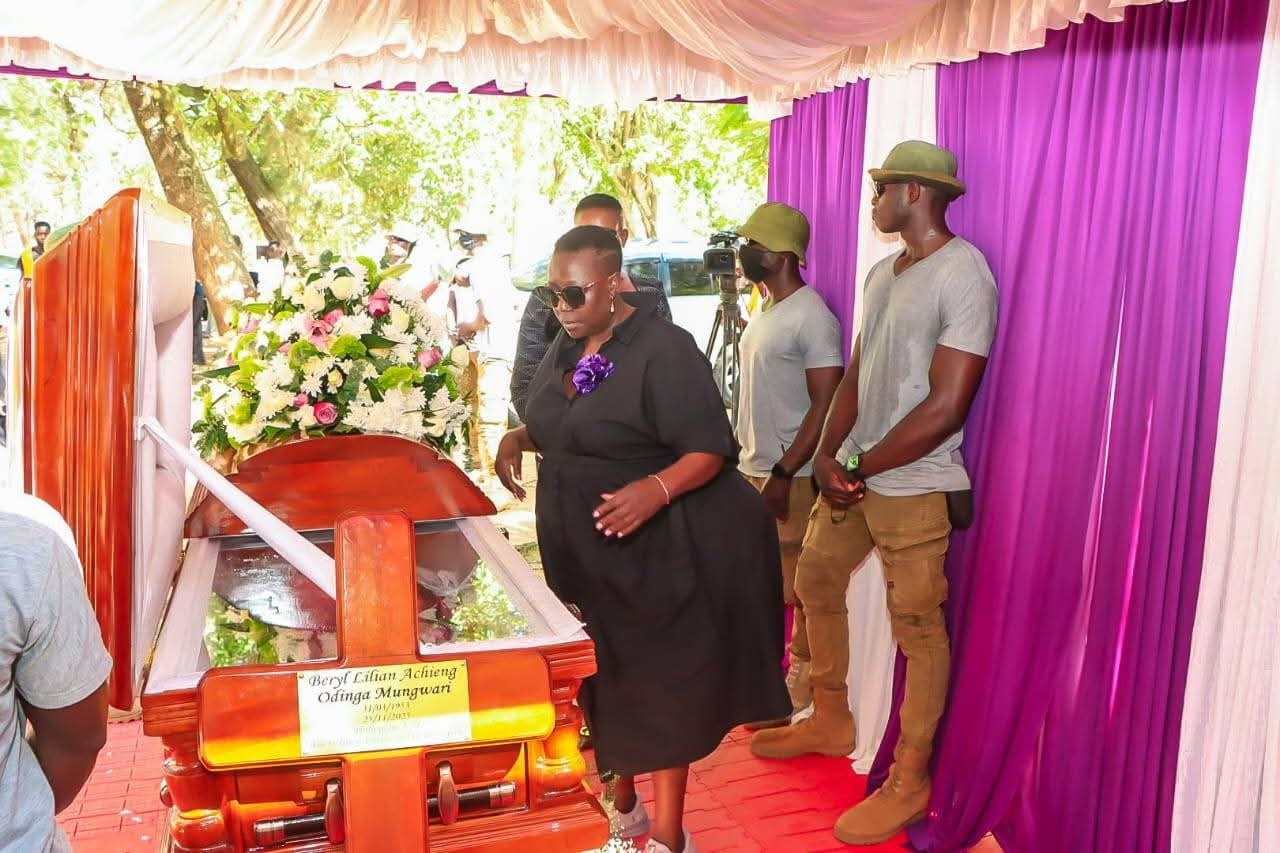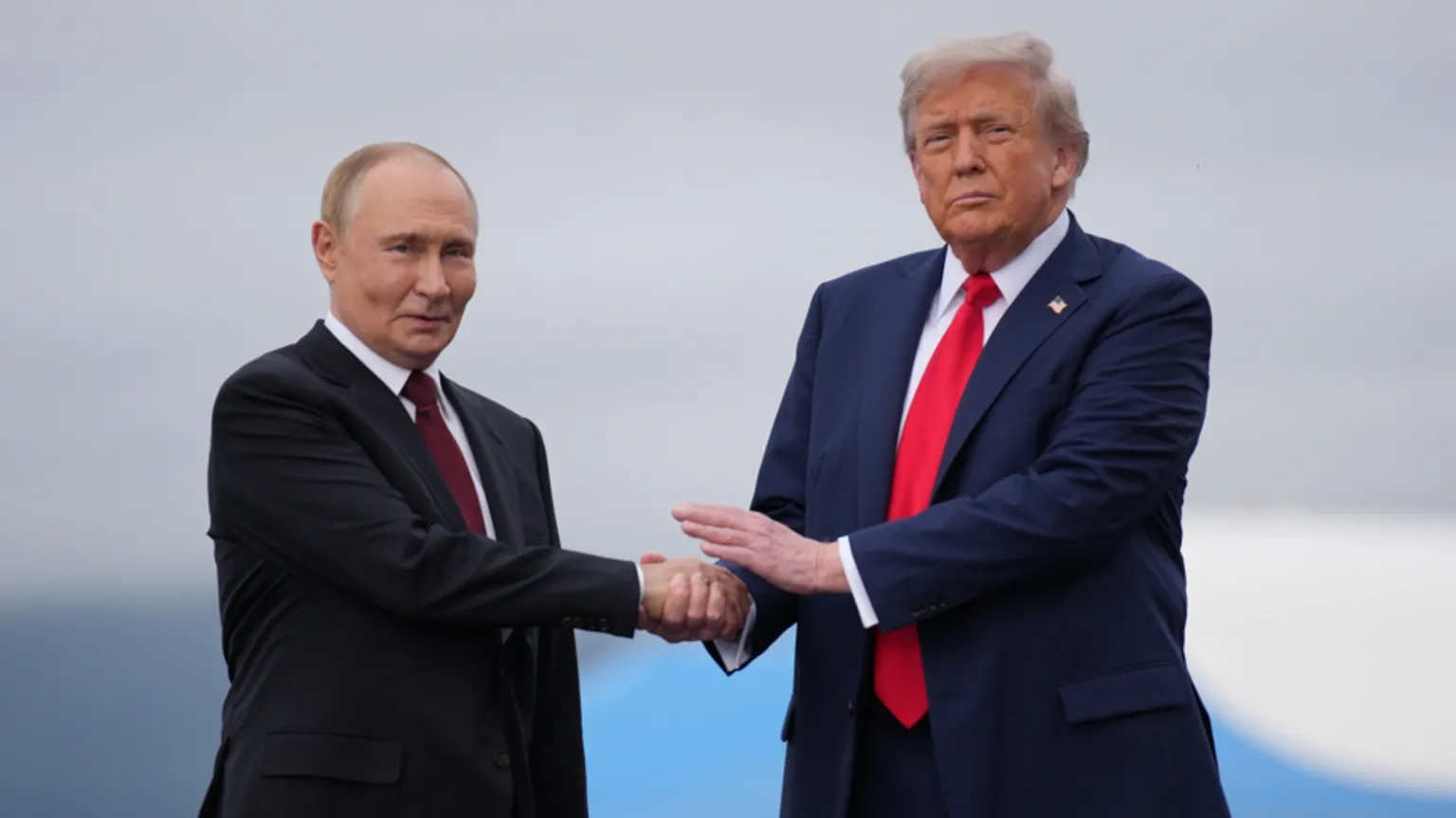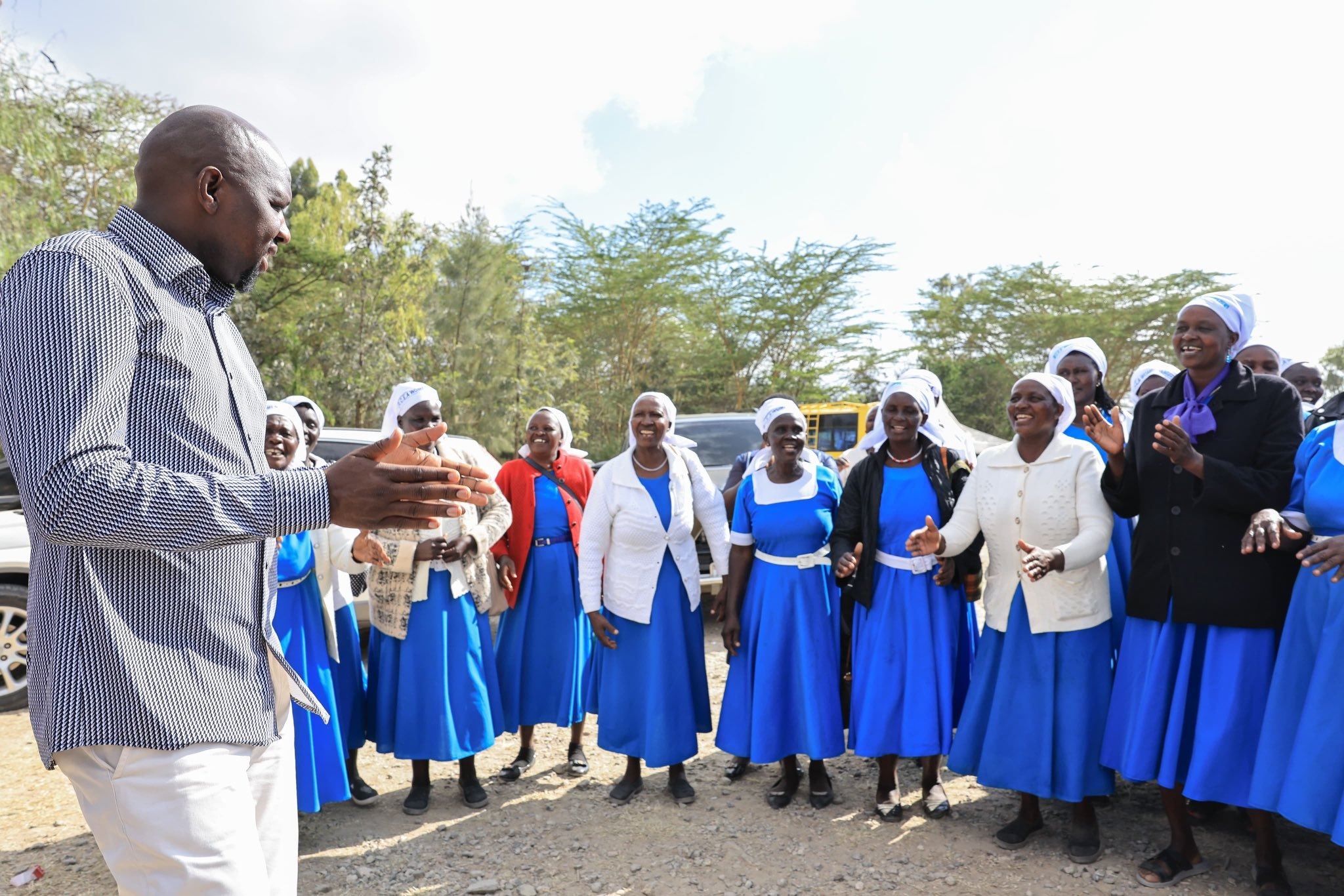In the realm of conflict resolution and peacebuilding, the role of women has often been overlooked or underestimated. However, an increasing body of evidence highlights the indispensable contribution women make to sustainable peace.
Their inclusion in peacebuilding processes not only enhances the effectiveness of initiatives but also brings a unique perspective that promotes lasting reconciliation and social cohesion.
Throughout history, women have played pivotal yet often uncredited roles in maintaining social harmony during times of conflict. From grassroots efforts to larger-scale initiatives, women have been instrumental in mediating disputes, rebuilding communities and fostering inter-group dialogue.
Despite these contributions, their involvement has frequently been marginalised due to gender biases and societal norms.
The inclusion of women in peacebuilding ensures a more comprehensive and representative approach. Women offer distinct insights into the multifaceted impacts of conflict on communities, particularly concerning issues such as displacement, sexual violence and family dynamics.
Their presence at negotiation tables helps broaden the scope of discussions, ensuring that peace agreements address the needs of all members of society.
Women tend to prioritise social welfare, education and community development, contributing to the establishment of resilient and inclusive societies. Their engagement enhances the chances of addressing underlying causes of conflict and reducing the risk of relapse into violence.
Promoting women's leadership and representation in peacebuilding goes beyond symbolic gestures. It involves creating mentorship programmes, providing training in negotiation and conflict resolution and implementing quotas to ensure women's meaningful inclusion.
Furthermore, elevating women to key decision-making positions within peacebuilding processes can lead to more equitable and effective outcomes.
Several countries have demonstrated the positive outcomes of women's participation in peacebuilding. For instance, in Liberia, women's activism played a vital role in ending the civil war and electing Africa's first female president, Ellen Johnson Sirleaf. Similarly, Colombia's peace negotiations with women's involvement led to provisions addressing gender-based violence and land rights.
The inclusion of women in peacebuilding efforts is not merely a matter of gender equality; it is a strategic imperative for creating sustainable peace. By tapping into women's unique perspectives and expertise, societies can unlock innovative solutions to complex challenges and build a more just and harmonious world.
It is incumbent upon the global community to recognise, celebrate and actively support women's contributions to peace, ensuring a future where conflict resolution is comprehensive, inclusive and effective.
Communication and PR specialist


















